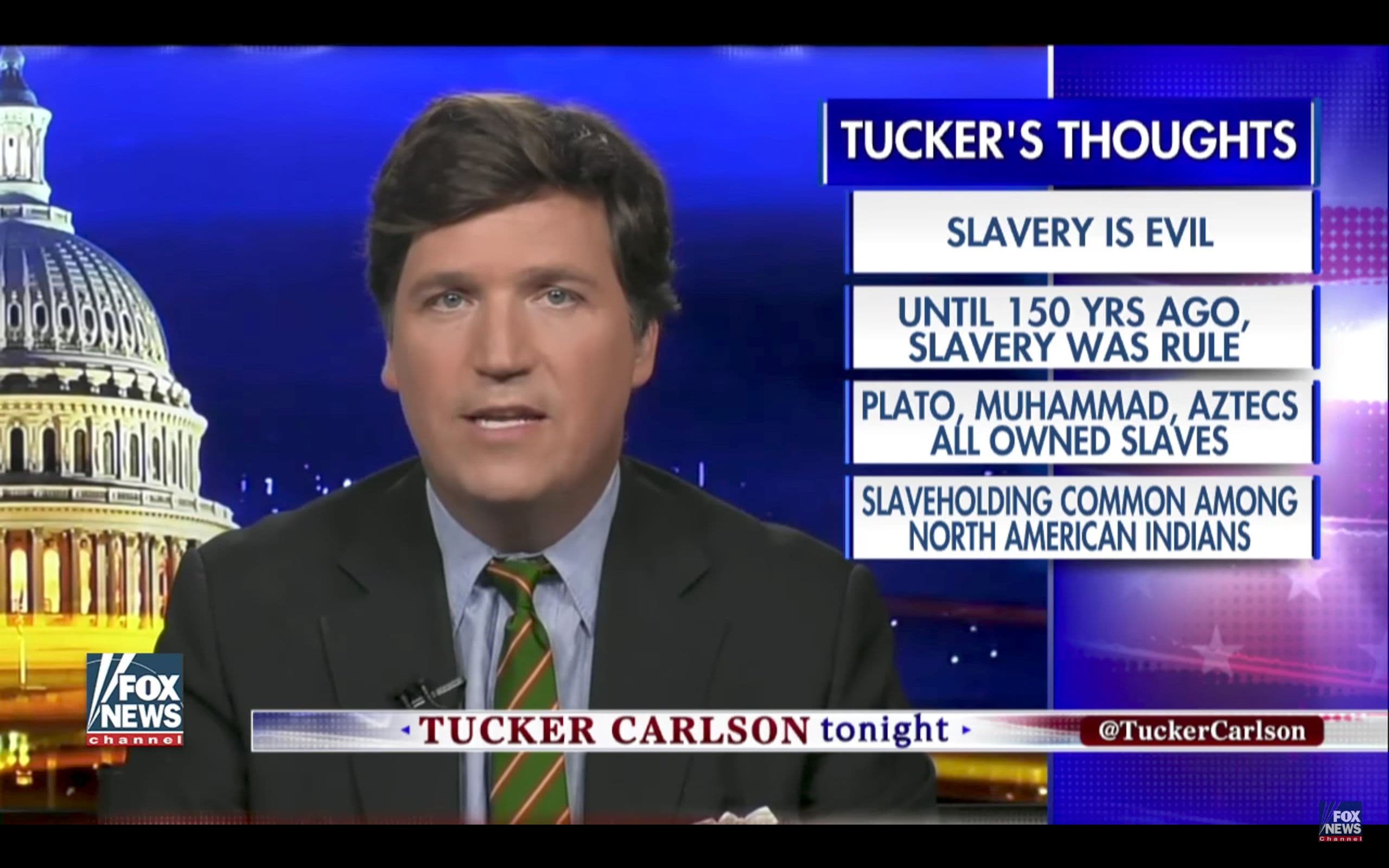Richard Hanania Highlights Tucker Carlson and Steve Bannon's 'Socialist Compromise' in Economic Nationalism

Political commentator Richard Hanania recently observed a significant ideological convergence between media figure Tucker Carlson and former White House chief strategist Steve Bannon, particularly concerning economic policy. Hanania's remarks, shared on social media, pointed to a perceived "merging" of their views, suggesting a growing alignment among white identitarians and populists. This commentary has drawn attention to the evolving economic platforms within the American right.
In his tweet, Hanania stated, > "I called it. He’s merging with Steve Bannon. White identitarians and populists realize they want the same thing. At least he admits that socialism is a compromise. Bannon genuinely supports it." The "he" in Hanania's statement is widely understood to refer to Tucker Carlson, indicating a perceived shift in Carlson's public positions.
Tucker Carlson, known for his populist nationalism, has increasingly voiced critiques against corporate power, globalism, and the established political elite. His rhetoric often advocates for protectionist trade policies, increased domestic manufacturing, and a more isolationist foreign policy. These economic stances, combined with a strong emphasis on cultural conservatism and anti-immigration views, resonate with a segment of the Republican base often described as feeling economically neglected.
Steve Bannon has long championed an "America First" agenda, advocating for economic nationalism that prioritizes domestic industries and jobs. His vision includes a "deconstruction of the administrative state" and a radical reshaping of American politics, emphasizing state intervention in the economy to protect national interests. While not traditionally socialist, Bannon's economic policies, which are critical of free-market fundamentalism and globalist capitalism, are interpreted by some as a "compromise" with socialist tenets, especially in their anti-corporate and pro-worker (within a nationalistic framework) leanings.
The perceived ideological alignment between Carlson and Bannon signals a concerted effort to push the Republican Party further towards an anti-establishment, populist stance. Both figures have been accused of appealing to white identitarian concerns, framing economic and cultural issues through a lens that emphasizes the interests of a specific, often white, working-class demographic. This convergence suggests a deepening strategic and ideological consolidation among these factions, aiming for a united front that blends economic nationalism with cultural conservatism.
Their shared goal, as described by some observers, is to dismantle what they view as a corrupt American establishment and globalist order. This has led to mutual admiration and a history of ideological alignment, with Bannon having been an early champion of Carlson's populist turn. The recent public interview between Carlson and Bannon further highlights their collaborative efforts in shaping the conservative movement's future direction.